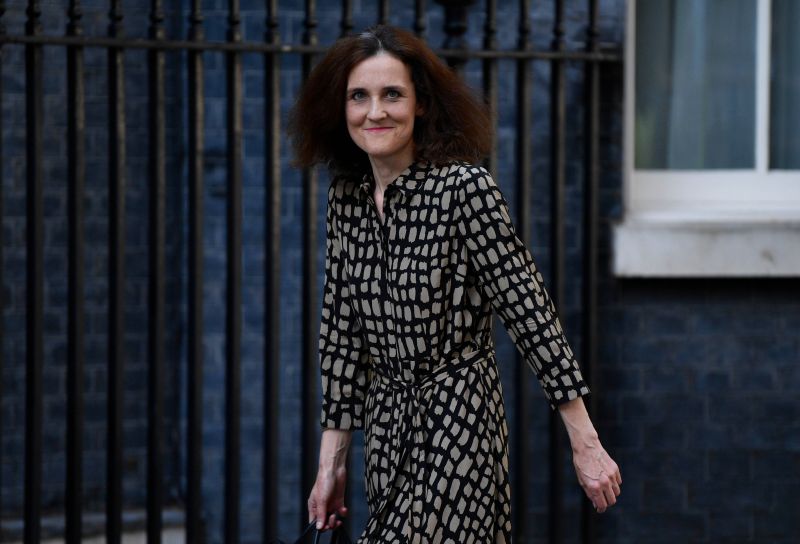Farmers slam live export ban pledge as 'unnecessary'

The government's proposal to stop the live export of sheep and restrict transport journeys is 'concerning' and 'unnecessary' for farmers in Northern Ireland.
Defra Secretary Theresa Villiers has proposed a ban on live exports of farm animals, stating that livestock should only be slaughtered at their most local abattoir.
Prime Minister Boris Johnson has also personally signalled his preparedness to ban live exports.
He said that after Brexit, the UK will be able to say it is “no longer possible to take live animals in great distress and confusion [for] very long distances.”
But the National Sheep Association (NSA) has already criticised the plan, saying that it 'exposes a serious lack of knowledge' of how the industry works.
Echoing that sentiment, the Ulster Farmers’ Union (UFU) said the move would 'undervalue the importance' of live exports to the Northern Irish farming industry.
Live exports are seen as an integral part of the province's livestock sector, as more than 500,000 sheep per annum cross the Irish border for processing in the Republic.
Because of the scale of trade, the UFU said it is 'crucial' that this can continue 'without any friction'.
The union's deputy president, David Brown said: “We are very concerned about the language government officials are using on this subject.
“They have claimed that banning live exports will improve animal welfare but that is not the case. It comes down to a lack of understanding.
“Transporting livestock is not a welfare issue and by making this assumption they are generating negative press which calls into question animal welfare in the UK, when in reality we have some of the highest animal welfare standards in the world,” he said.
Both the NSA and UFU have now written a joint letter to Theresa Villers outlining their concerns.
NSA chief executive Phil Stocker said there are 'more intelligent ways' to ensure good welfare outcomes.
“To suggest that farmers would have to sell livestock to their nearest abattoir either shows a serious lack of understanding of how competitive markets function, or suggests a change in policy direction that hasn’t been discussed or catered for.”








